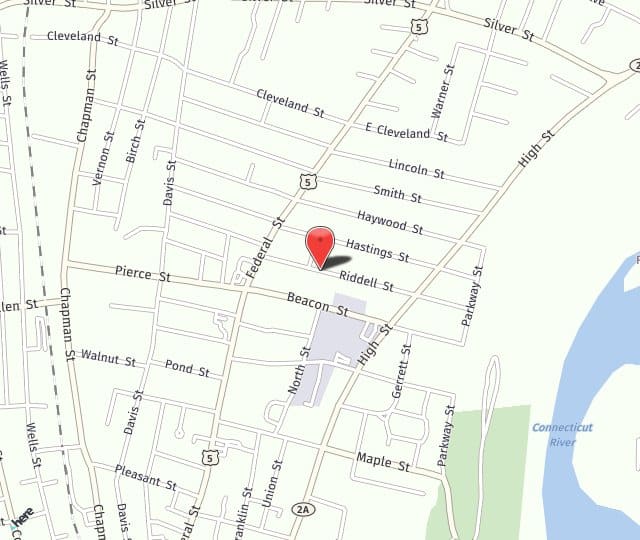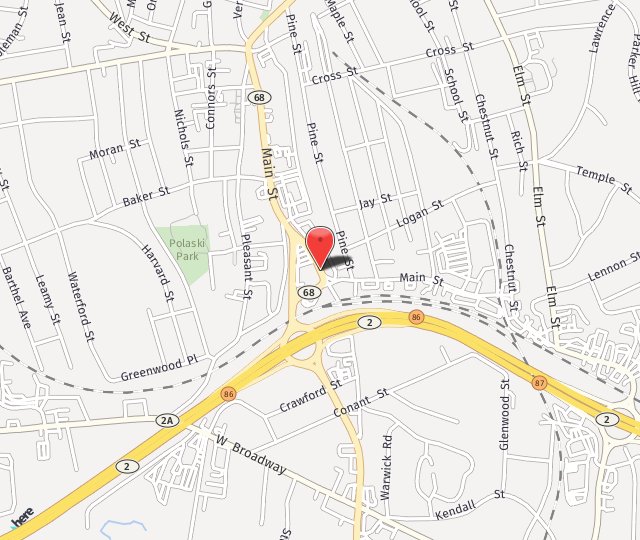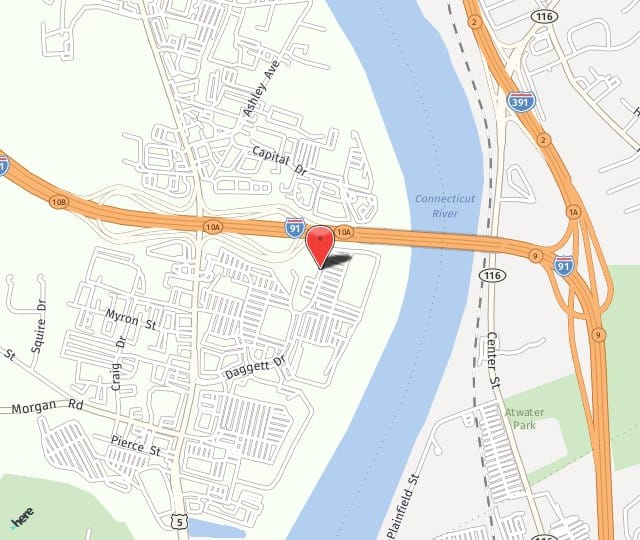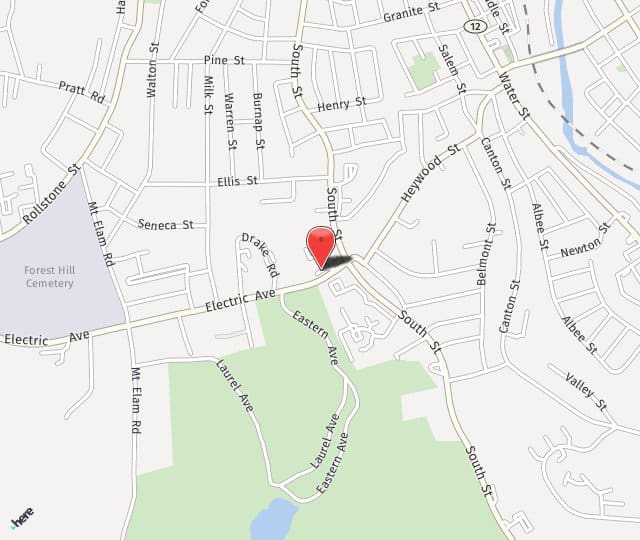
What Is Thyroid Eye Disease?
Hyperthyroidism is simply the overproduction of thyroid hormone. Thyroid Eye Disease is the most common cause of hyperthyroidism. Thyroid Eye Disease is an autoimmune disorder, where the immune system mistakenly attacks healthy tissues. In this case, the disease causes the immune system to create antibodies that trigger the thyroid to grow and overproduce thyroid hormone. Thyroid Eye Disease has many symptoms, from weight loss to heat intolerance, from muscle weakness to the development of a goiter.
Ophthalmopathy
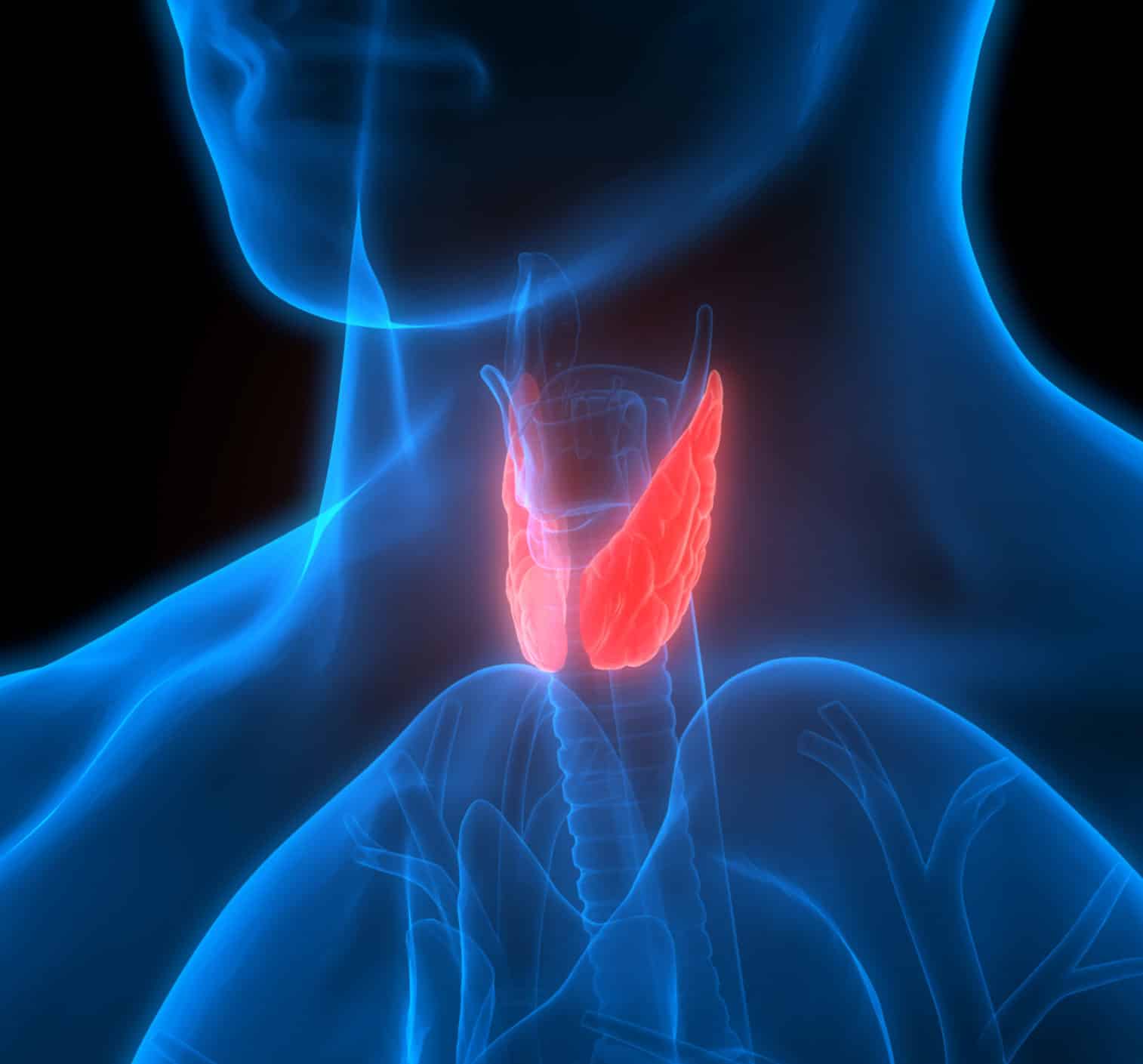
In Thyroid Eye Disease ophthalmopathy the tissues and muscles behind the eyes become swollen. This swelling makes the eyeballs protrude forward beyond the normal range. This may or may not occur with other symptoms of hyperthyroidism.
Thyroid Eye Disease Symptoms
When a person has Thyroid Eye Disease ophthalmopathy, they will develop one or more of these symptoms:
- Bug eyes
- A staring look
- Dry, itchy, irritated eyes
- A gritty sensation in the eyes
- Sensitivity to light
- Watery, teary eyes
- A feeling of pain or pressure around the eyes
- Difficulty fully closing the eyelids
- Double vision, especially when looking to the side
What Causes Thyroid Eye Disease?
This condition results from the buildup of certain carbohydrates in the skin. Why this happens is unknown. The same antibody that triggers the hyperthyroidism seems to have an attraction, of sorts, to the tissues surrounding the eyes. Thyroid Eye Disease ophthalmopathy is usually related to thyroid overproduction, but it can occur without it.
It appears there is a genetic factor that makes certain people more susceptible. The condition usually develops in people under the age of 40. Also, women are much more likely to develop Thyroid Eye Disease than men. Stress, pregnancy, and smoking also increase a person’s risk.
How Is Thyroid Eye Disease Diagnosed?
When determining if you have Thyroid Eye Disease, the team at the Longwood Eye & LASIK Center will examine your eyes checking for irritation and protrusion. We’ll check if your thyroid gland feels enlarged. A blood sample will determine your levels of thyroid-stimulating hormone and the levels of thyroid hormones. If we need confirmation, we may order imaging tests such as CT scans or MRIs.

Can Thyroid Eye Disease be Managed During the Active Stage?
Thyroid Eye Disease has two phases, active and stable. The active phase involves active inflammation and swelling in and around the eye. Symptoms are more prevalent during this stage and can come and go to some degree. Active thyroid eye disease can last from several months to a few years before spontaneously transitioning to the stable phase.
It is possible, and also necessary, to manage the symptoms that you experience during the active stage of thyroid eye disease. In most cases, what an ophthalmologist will do during this phase is prescribe treatments to manage dry eye symptoms and double vision. Usually, treatment does not need to be any more complex than using eye drops during the day and lubricating gel or ointment at night. The doctor may prescribe prisms to support vision or may have you cover one eye at certain times. If, during the active phase, vision is at risk, then the doctor may prescribe or administer steroid treatment, as this holds more power to reduce significant inflammation around the eye. Although not typically needed, orbital surgery can be performed in urgent situations where there is a threat to the optic nerve.
What Can I Do to Help Manage the Symptoms of Thyroid Eye Disease?
You are an important participant in the management of your thyroid eye disease. While it is important to identify the most effective clinical interventions based on the severity of your disease, there may be a few strategies that you can use as needed, as well. These include:
- Adjusting your sleeping position. Because there is a higher chance of swelling around the eyes when thyroid eye disease is active, you may try sleeping slightly elevated. By elevating the head on an extra pillow or two, you can avoid excessive fluid accumulation in your face.
- Wear sunglasses or clear, nonprescription glasses. Thyroid eye disease makes your eyes more sensitive and susceptible to the environment. Wearing glasses indoors and outdoors can protect them from dust, wind, and excessive dryness.
- Take frequent breaks. When working, reading, or watching television, we naturally blink less often. Taking breaks to close your eyes can prevent excessive strain and help manage inflammation.
- Don't smoke. Smoking is one of the leading factors in the worsening of thyroid eye disease symptoms.
- Talk to your doctor about beneficial supplements. For example, some studies suggest that selenium supplements can lower the levels of the antibodies that contribute to thyroid eye disease symptoms.
How Successful is Orbital Surgery for Thyroid Eye Disease?
Multiple studies have been performed to assess the overall success rate of orbital surgery for patients with thyroid eye disease. Statistics suggest that the appropriate orbital technique, such as bilateral or unilateral, yielded good results in up to 90 percent of the treated eyes. If the orbital procedure is warranted in your case, your doctor can discuss their anticipated outcome and also alert you to the factors that can contribute to your overall results. If you smoke and you have thyroid eye disease that is severe enough to need orbital, you are strongly encouraged to quit well before your surgery, as doing so can significantly increase your chances of long-term surgical success.
Thyroid Eye Disease Treatment Options
Mild symptoms such as eye irritation may be managed with artificial tears during the day and lubricating gels at night. Often these minor symptoms can resolve themselves in one to four months.
For more severe symptoms, we may use these treatments:
Corticosteroids
Prescription corticosteroids, such as prednisone, can diminish swelling behind the eyeballs.
Prisms
Prisms in eyeglasses can correct the double vision that is occurring due to the disease.
Orbital Surgery
If increasing pressure on the optic nerve threatens the loss of vision, we may opt to remove the bone between your eye socket and your sinuses. This gives your eyes room to move back to their original position deeper in the face.
Thyroid Eye Disease FAQs
What Causes Thyroid Eye Disease?
Also called Thyroid Eye Disease, thyroid eye disease is a medical condition that is typically in patients already diagnosed with an overactive thyroid. When left untreated, Thyroid Eye Disease can cause visual disturbances.
What Are the Symptoms of Thyroid Eye Disease?
Some of the most common symptoms of thyroid eye disease include excessive tearing, swelling, redness, a feeling of grittiness, and ongoing inflammation. In severe cases, patients may experience a condition called proptosis (eye bulging).
How Is Thyroid Eye Disease Diagnosed?
In many cases, thyroid eye disease is found in patients with hyperthyroidism. However, patients can develop the condition even if they have normal thyroid function. A definitive diagnosis can be made through MRI and CT scanning, in addition, a comprehensive eye exam by the treating physician.
How Is Thyroid Eye Disease Treated?
Thyroid eye disease can be treated medically and surgically. If symptoms are severe, you may require Orbital Surgery. This surgical procedure involves removing the bone between the eye socket and your sinuses.
Can I Prevent Thyroid Eye Disease?
Since thyroid eye disease usually occurs due to hypothyroidism, most cases cannot be prevented. However, not smoking, avoiding second-hand smoke, and eating a healthy diet can improve your eye health overall.
Schedule A Consultation
If you would like more information about Thyroid Eye Disease and treatment, contact our office today! Call 1-855-286-2020 to schedule a consultation with one of our eye care specialists.

